Private Cloud Solution
Private clouds exist as the most secure cloud option of all of the cloud strategies. The private cloud happens in a physically secure environment that the public has no access to, housing data and applications locally. Authorization is only given to personnel that has access to the cloud. You will need to invest in servers to host your organization’s assets as they are what will provide the security and optimization. While this is the most secure option, it is also the most expensive.
The up-front costs of the public cloud may be considerable, and the primary driving benefit of adopting a private cloud strategy should not be cost savings. While you can reduce overall capital expenditures for new hardware, the expenses for the servers are substantial. While this can be a barrier to entry for this strategy, your organization will need to consider the increased agility and dynamic scalability, which can improve time-to-market for businesses as the driving factor.
As the private cloud strategy offers a proprietary environment dedicated to your organization, it will also provide extended, virtualized computing resources via physical components stored on your on-premise equipment. The enhanced degree of control offered by the private cloud will allow you to configure the environment and manage it to your organization’s unique computing needs.
The benefits the private cloud presents will bring value to the organization by conceptualizing computing processes more efficiently

SECURITY AND COMPLIANCE
If your organization is in an industry that is heavily regulated, your compliance is vital. Private clouds will give you the ability to comply with the strict regulations your industry upholds. This is because sensitive data is held on hardware that is inaccessible to the wrong parties.

CUSTOMIZATION
The private cloud is fully configurable. The cloud will be constructed by on-site cloud architects, allowing all stakeholders to specify the exact configurations needed to run your applications.

HYBRID INTEGRATION
This is critical when additional computing resources are required. The hybridization extends the private cloud resources into a public cloud to maintain uptime without needing to install additional physical servers. This can be a cost-effective solution for organizations that need the security of a private cloud but still want other functions to operate with the power of a public cloud service.
An organization must consider all aspects of the public cloud environment to make the right choice for their IT needs. The on-demand self-service nature of the public cloud that allows broad access and resource pooling may be what you have been looking for in a cloud solution.
